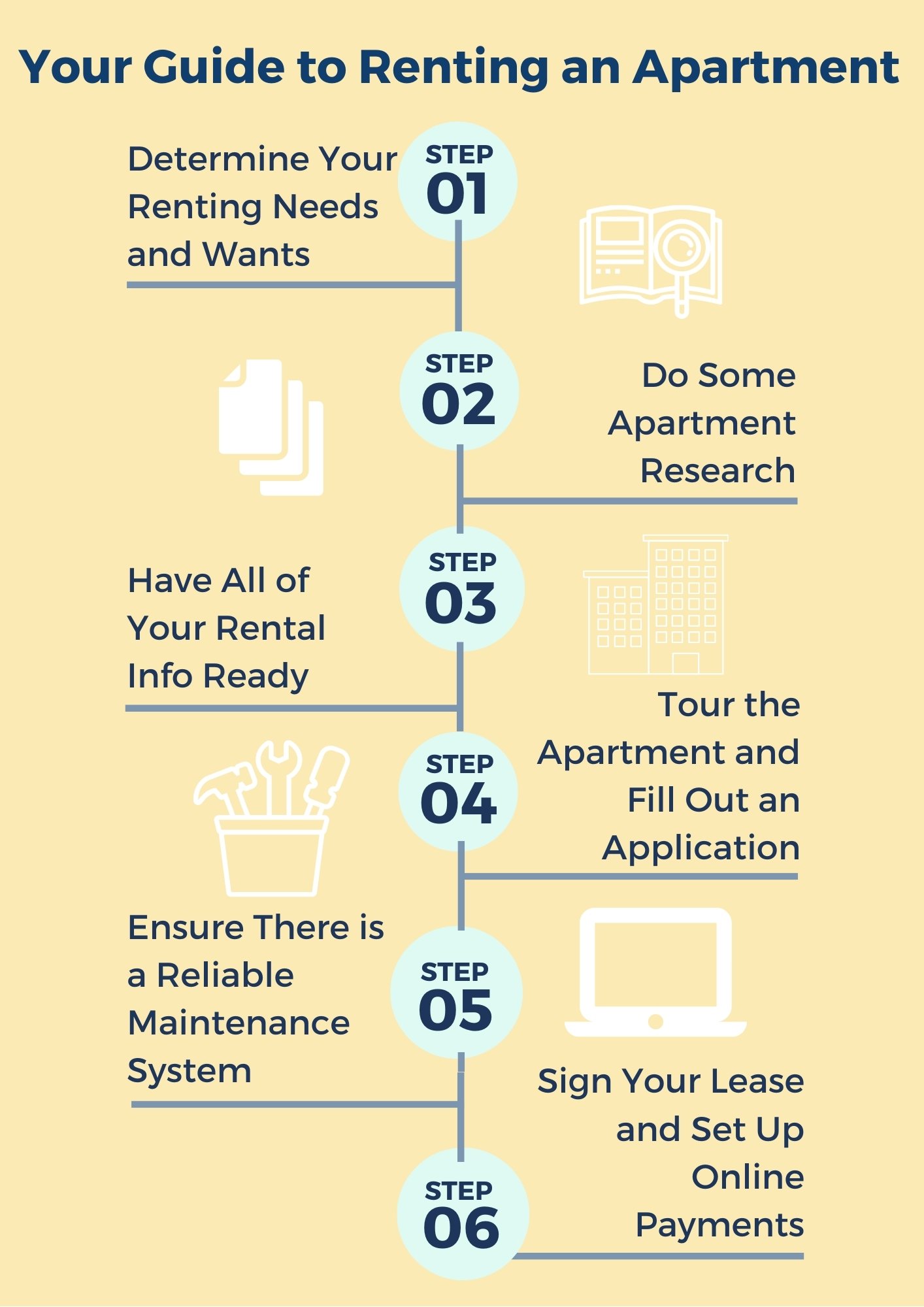Renting an apartment in the US can be an exciting yet daunting task, particularly for first-time renters. To ensure a smooth and successful process, it is imperative to understand the essential requirements you need to fulfill. This expert review will provide you with an informative and easy-to-understand guide on what you need to have to rent an apartment in the US.
Good Credit Score: One of the primary factors landlords consider when leasing an apartment is your credit score. This three-digit number reflects your financial responsibility and ability to pay rent on time. Aim for a credit score of 650 or higher to increase your chances of securing an apartment. In case you have a low credit score, consider providing additional proof of financial stability, such as pay stubs or a letter of employment.
Proof of Income: Landlords want to ensure that potential tenants have a stable source of income to cover monthly rent and other expenses. Typically, you will be asked to provide pay stubs or bank statements demonstrating your income for the previous few months. Aim to show an income that is at least three times the monthly rental amount.
Rental Application: Most landlords require potential tenants to complete a rental
What is need to rent apartment
Hey there, fellow apartment hunters! Are you ready to embark on the exciting adventure of finding your dream pad? Well, look no further because we've got your back! Here's a delightful rundown of what you need to know to rent an apartment in the good ol' US of A. Let's dive in, shall we?
Financial Fitness - Money Talks! To secure your dream apartment, you'll want to make sure your financial ducks are in a row. Most landlords will ask for proof of income, so gather those pay stubs or employment letters to show them the money! A steady income is like a golden ticket to apartment bliss. Oh, and don't forget to check your credit score too – a good one can work wonders!
Document Dazzle - Show Your True Colors! When you find the perfect apartment, you'll need to fill out an application. It's time to show off your sparkling personality! Be prepared to provide personal information, such as your name, contact details, and references. Remember, references are like the cherry on top of your application sundae – choose wisely, my friend!
Security Deposits – Saving the Day! Landlords often ask
What income do most apartments require?
What do you need to rent an apartment in Kansas?
What is a good credit score to rent an apartment?
What I wish I knew before renting?
- Make sure you understand exactly what you're paying for.
- Be realistic.
- If something is broken, tell someone immediately.
- Take notice of the location.
- Remember what your priorities are.
- Check out the entire building.
- Accept that not everything will go according to plan.
Did you know most NYC apartments have income requirements for renters? Here, we break down the 40x rent rule. https://t.co/hbml3QmM4u (via @CNBCMakeIt) pic.twitter.com/75sYhk5bRM
— CNBC (@CNBC) October 29, 2023
What all do you need to rent a apartment
Frequently Asked Questions
How do I prepare for an apartment living?
- Reach Out to Your Current Landlord.
- Contact Your New Landlord.
- Make Sure You Have Renters Insurance.
- Set Up Your Utilities.
- Change Your Address.
- Research Your New Neighborhood.
- Shop For New Furniture.
- Consider Storage.

